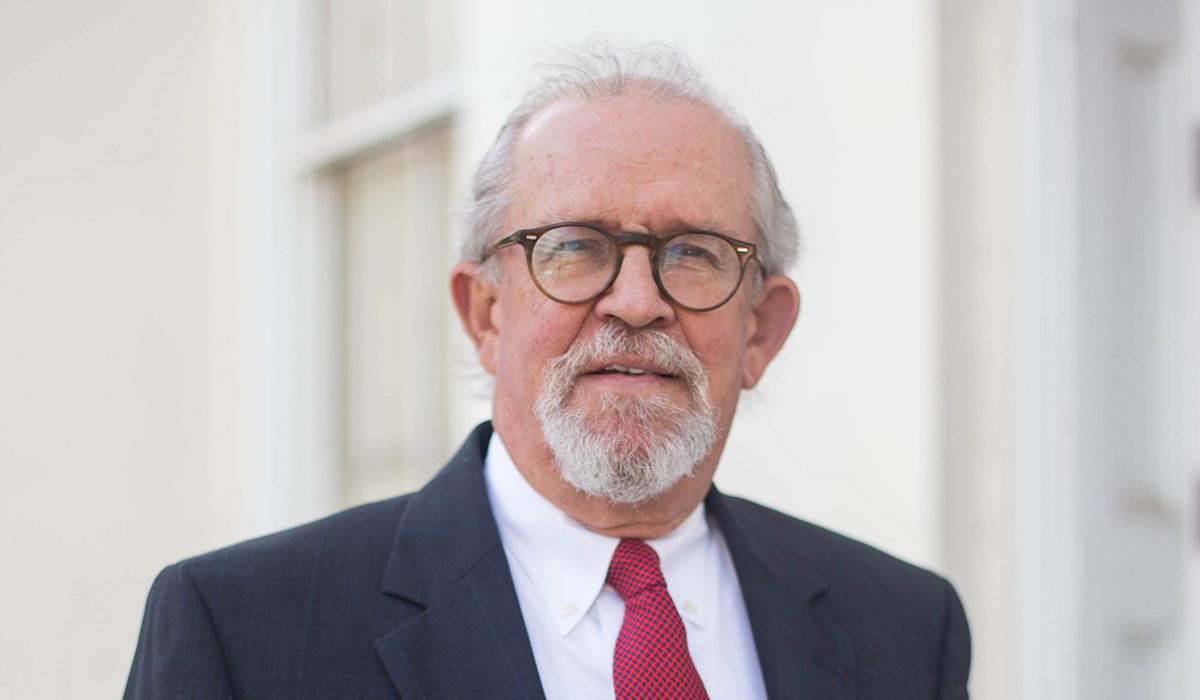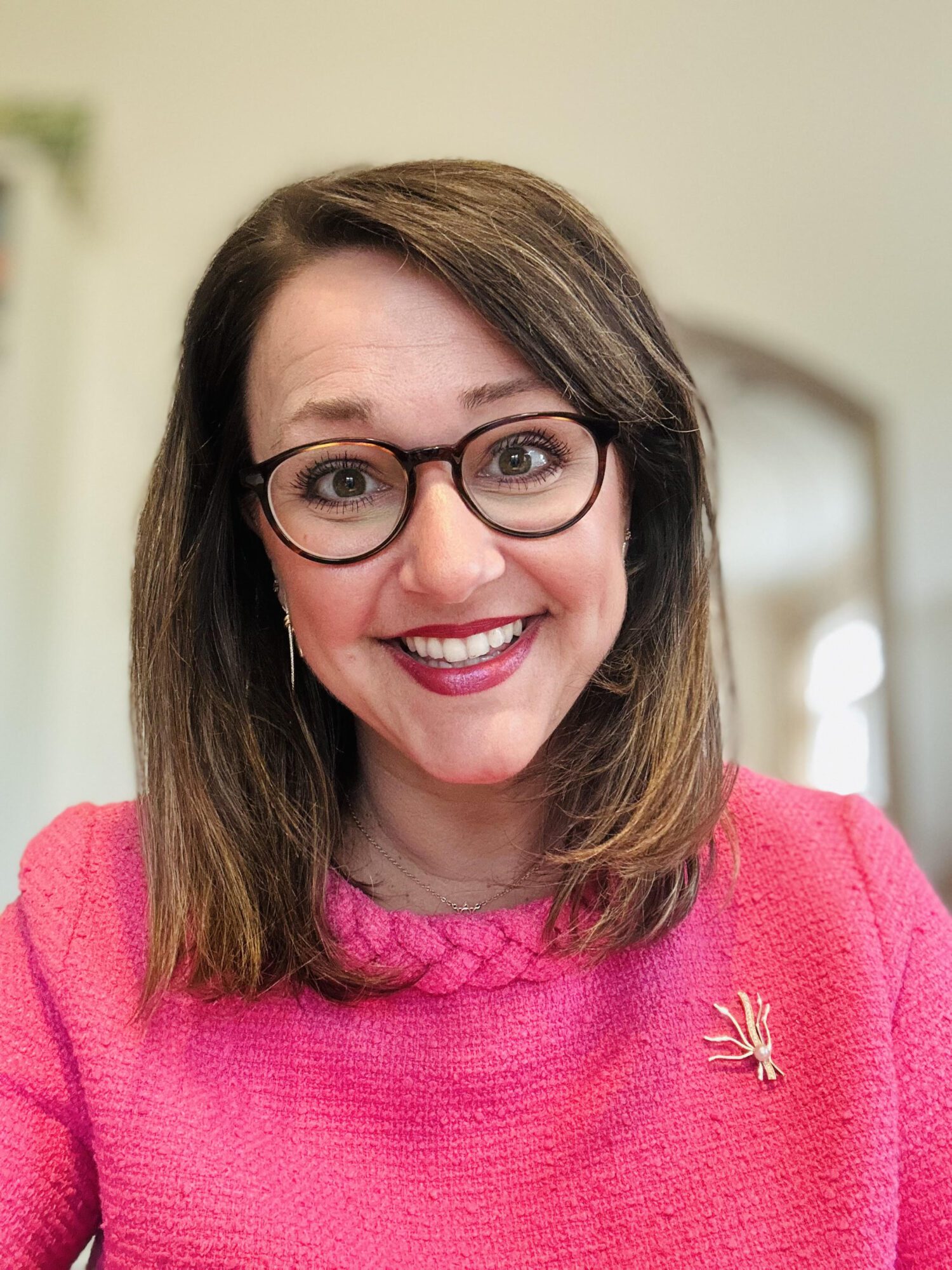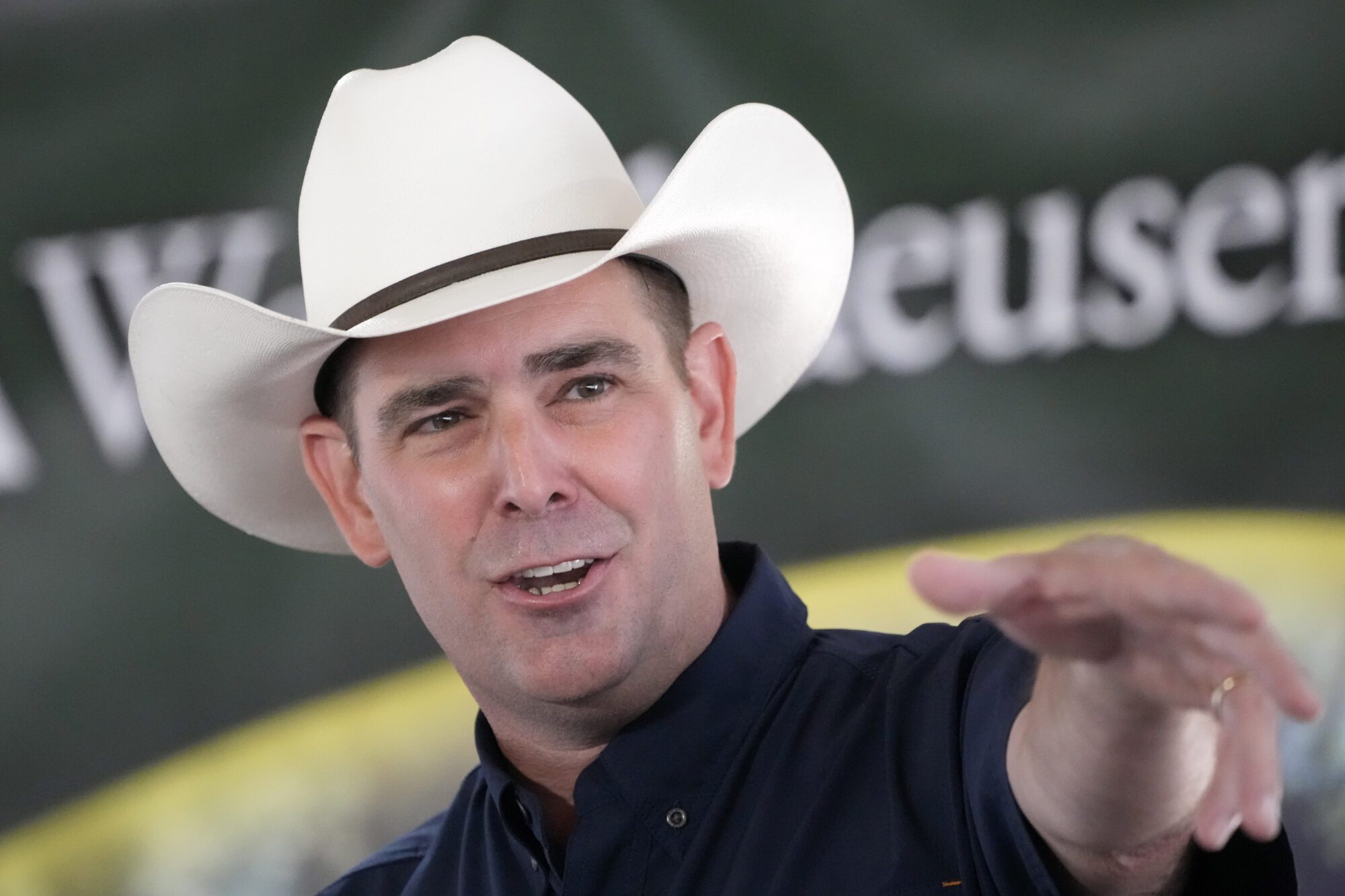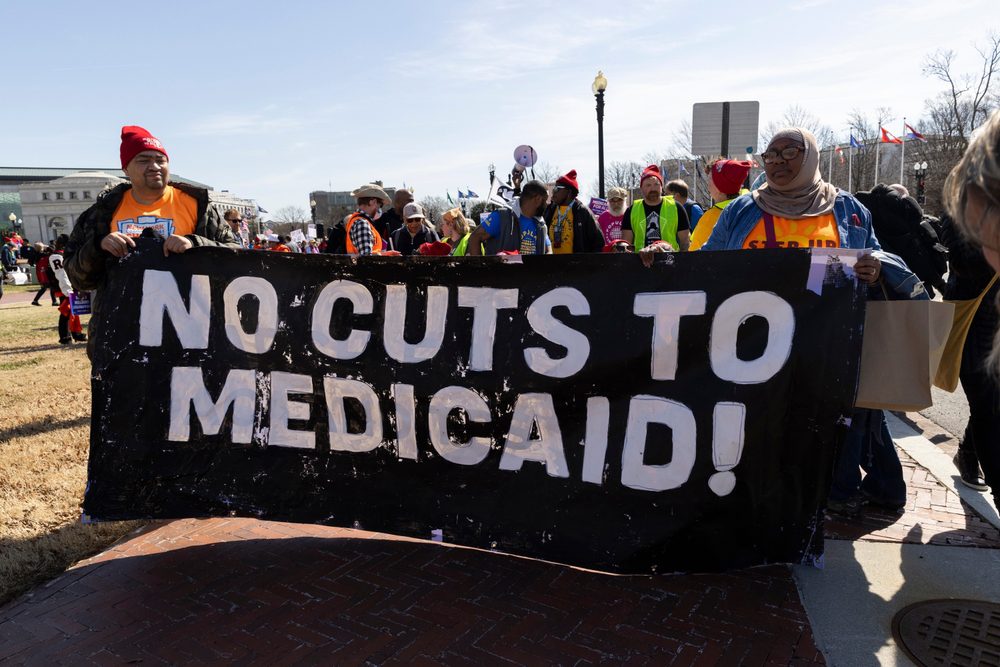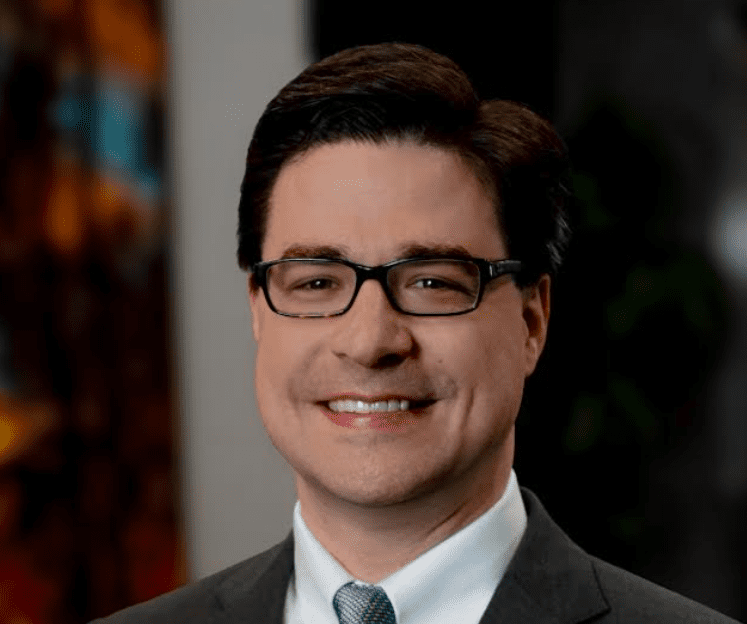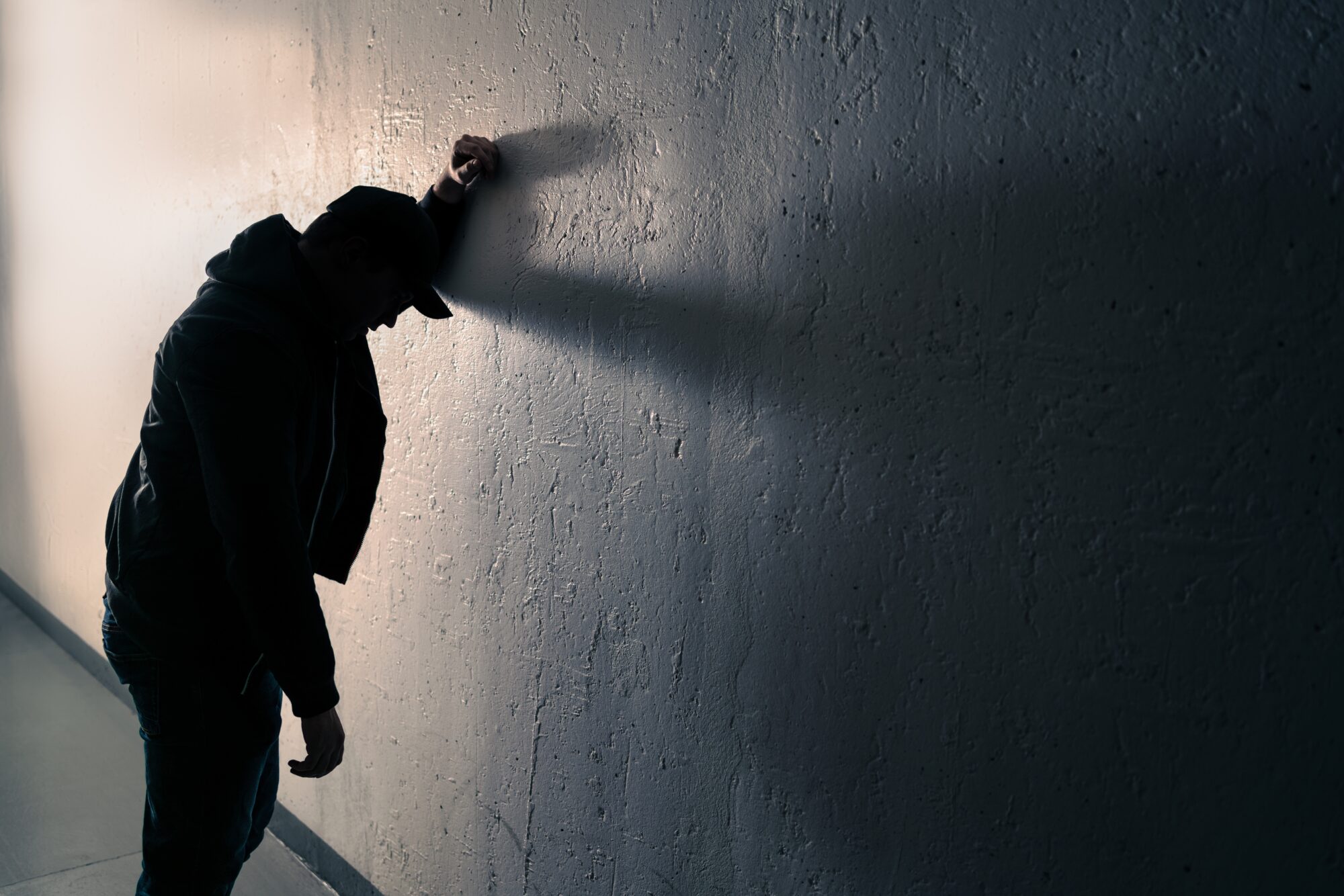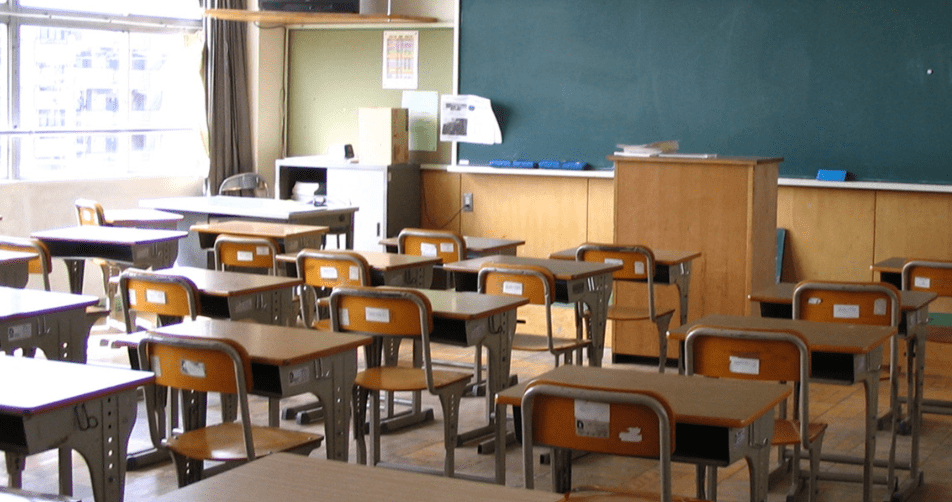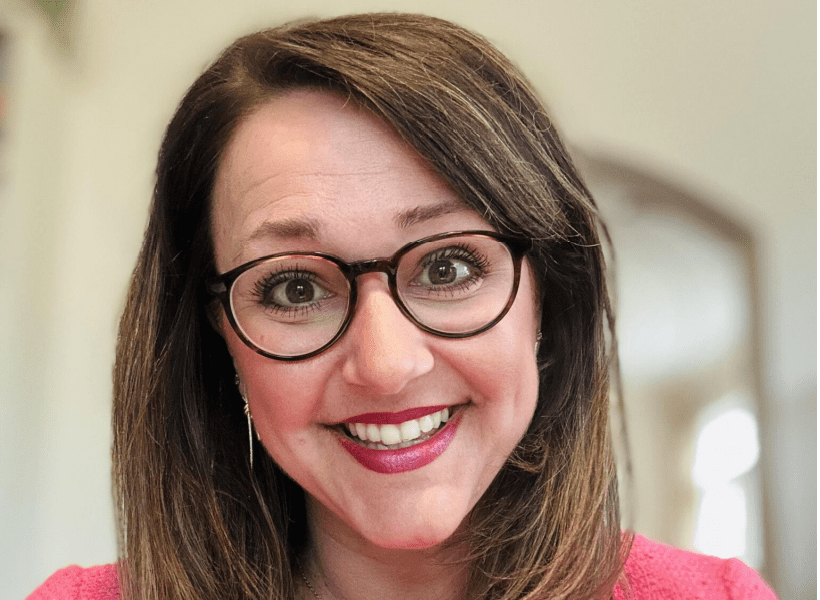
- As Mental Health Awareness Month nears a close, Rebekah Staples highlights how the state and private organizations are working to improve Mississippians’ mental health.
May is celebrated nationally as Mental Health Awareness Month, and I’m glad. Mental health is a topic often misunderstood (and sometimes considered taboo), but of growing importance in the lives of families and communities across America. It is particularly significant in a rural state like Mississippi.
It’s no secret the last few years have been hard – for all of us. A global pandemic ushered in levels of isolation rarely seen in this age, and the impact of lost social connections continues to have lasting negative effects, especially among our children and young adults.
In fact, COVID-19 compounded already-rising trends, leading three major healthcare trade associations to jointly declare a “national state of emergency in children’s mental health.”
I’ve been thinking a lot about adolescent mental health lately, given my personal interests and professional work in public policy. I have had the privilege to work with Canopy Children’s Solutions, the largest nonprofit provider of children’s mental health services in the state.
Canopy’s been in existence for more than 100 years. It serves children in every Mississippi county – from foster care to autism services, from dyslexia to therapy. The organization has made a lasting impact.
This session, the Mississippi Legislature appropriated $20 million to the Department of Mental Health and Canopy to create a new level of mental health treatment for children in need, including those currently housed in hotels (a non-therapeutic environment) due to lack of institutional capacity.
By constructing a modern treatment facility with a proven nonprofit partner, Mississippi will be able to place youth in an appropriate environment, leading to better outcomes, shorter stays, and reduced taxpayer costs.
Canopy’s CEO Dr. John Damon speaks often about the “science of hope” – and how a hopeful mindset can create positive outcomes for children and adults alike. What I like best about this concept is that it’s both practical and achievable. While humans cannot control life circumstances, we can control the way in which we think about them and our futures.
My interest in mental health isn’t new. Four years ago, I was selected to be one of 20 fellows in a national program created by the Aspen Institute and Anti-Defamation League called the Civil Society Fellowship. Fellows in the program commit to create a venture project that positively impacts community. I knew then my project would focus on adolescent mental health. This summer that project will come to fruition with the launch of the first-ever “Mental Health Matters” summer camp for Pine Belt girls.
The Young Women’s Christian Organization (Y.W.C.O.) of Laurel is partnering to host this day camp for girls ages 11 through 13. With the support of Laurel Arts League, Volunteer Mississippi, and my company, Free State Strategies, LLC, the camp will not cost participants anything.
We are excited to launch in 2024 during the YWCO’s 100th anniversary. The camp is a natural extension of the organization’s founding mission: to create opportunities for women’s growth, leadership, and power.
Throughout the week, our campers will engage in activities that help create happy, healthy brains in alignment with each day’s theme (such as art, adventure, and female empowerment).
Campers will go fishing and learn to bait a hook, they’ll get to ride horses and connect with the animals, participate in community service, explore the Lauren Rogers Museum of Art and do art activities, hear from featured speakers like local elected officials and small business owners, and more.
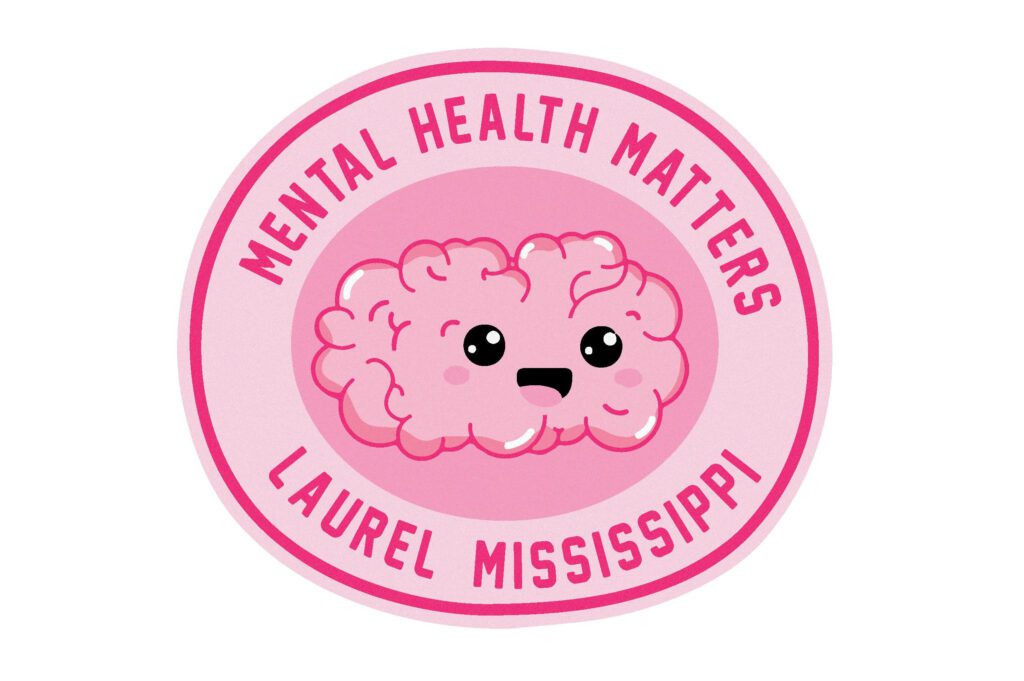
Community interest has been strong. Together, we’ll do good things for kids’ brain health and development – while having fun and building community. Those interested in learning more about the camp can visit our website at www.happyhealthybrains.com.
Lawmakers have made fixing mental health a priority, putting money behind their words to build additional treatment capacity for our neediest kids. More and more nonprofits and social organizations have identified this topic as a key challenge among our youth. And communities like Laurel are showing strong support for a mental health-focused day camp.
Still, the primary responsibility for improving children’s mental health belongs to parents or guardians, as systemic and lasting change tends to begin at home.
Normalizing the issue of mental health among this group can have positive effects on our kids. Let’s learn to speak honestly about challenges. Let’s lose the mental health stigma and empower our children to be themselves, build resiliency, and thrive.
After all, mental health isn’t just a healthcare issue – it’s got major downstream impacts on our communities. Without brain stability, children face tremendous barriers to succeeding in school, developing appropriate social, emotional, and intellectual responses, and focusing on one of the most significant drivers of human success: hope.
Looking back to four years ago, I realize cultural norms around mental health are already changing. Folks from all walks of life are willing to discuss mental health and its impact on their lives. It’s a great shift that inspires me to say unequivocally: I have tremendous hope this Mental Health Awareness month.
